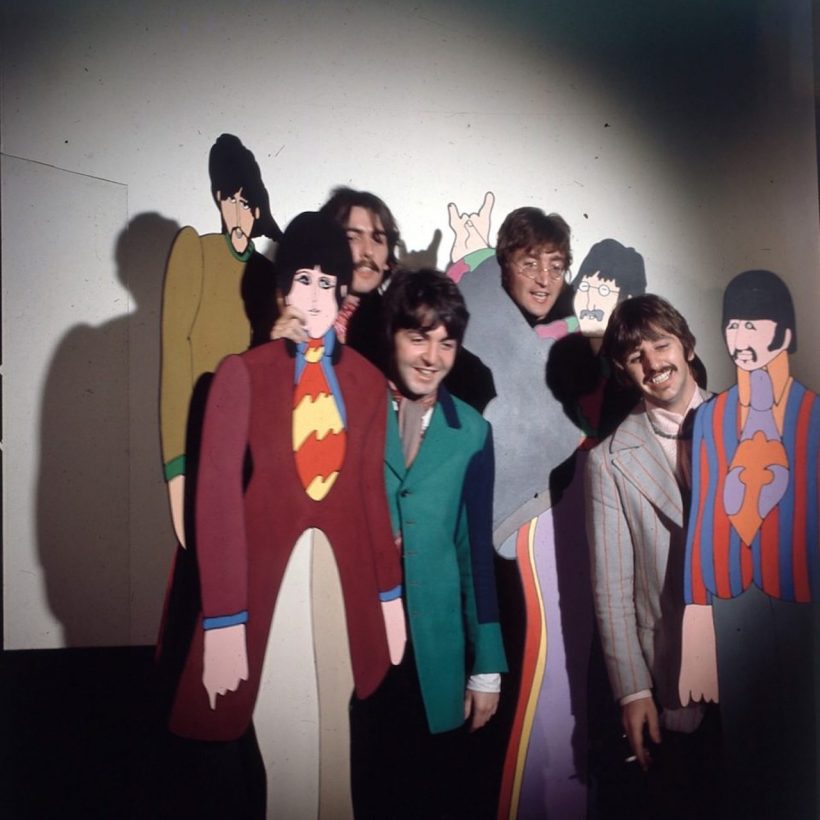Gerald Potterton, Director And ‘Yellow Submarine’ Animator, Dies at 91
Potterton was a pioneering filmmaker in Canada‘s new wave scene.

Gerald Potterton, a filmmaker who directed Heavy Metal and animated a segment of the Beatles’ Yellow Submarine, died Tuesday in Quebec, the National Film Board of Canada (NFB) said in a statement to Pitchfork. He was 91 years old.
“Gerald came to Canada and the NFB to be part of a new wave of storytelling, one that was fresh and irreverent, and he brought great wit and creativity to every project. He was also a builder, helping to lay the foundation for today’s independent Canadian animation industry with Potterton Productions…He was an exceptional artist and a truly nice man,” Claude Joli-Coeur, NFB chairperson and government film commissioner, said in a statement.
Born on March 8, 1931 in London, England, Potterton graduated from the Hammersmith Art School and left for Canada in 1954 to work alongside the artists of NFB animation.
He created animation for NFB films in the 1950s before directing his own shorts, including the Stephen Leacock adaptation My Financial Career in 1962 and Christmas Cracker in 1963, which he made along with Norman McLaren, Jeff Hale and Grant Munro. Both films were nominated for Academy Awards.
Potterton also directed the live-action comedy The Ride in 1963 and The Railrodder in 1965, which starred Buster Keaton in one of his final film roles. In 1968, he returned to England to work on a sequence for the animated Beatles feature Yellow Submarine.
Directed by George Dunning, and written by Lee Minoff, Al Brodax, Jack Mendelsohn, and Erich Segal, Yellow Submarine began its voyage to the screen when Brodax, who had previously produced nearly 40 episodes of ABC’s animated Beatles TV series, approached The Beatles’ manager Brian Epstein with a unique vision for a full-length animated feature.
Yellow Submarine, based upon a song by John Lennon and Paul McCartney, is a fantastic tale brimming with peace, love, and hope, propelled by Beatles songs, including “Eleanor Rigby,” “When I’m Sixty-Four,” “Lucy in the Sky With Diamonds,” “All You Need Is Love,” and “It’s All Too Much.” When the film debuted in 1968, it was instantly recognized as a landmark achievement, revolutionizing a genre by integrating the freestyle approach of the era with innovative animation techniques.












